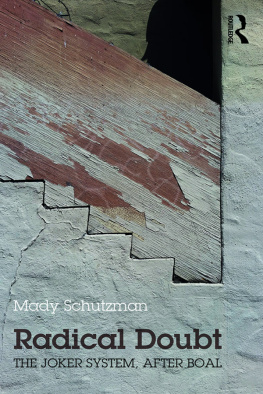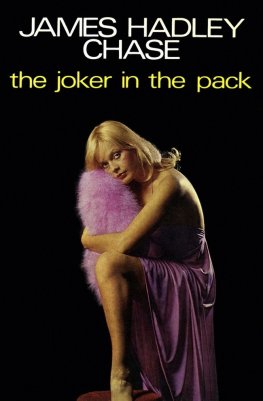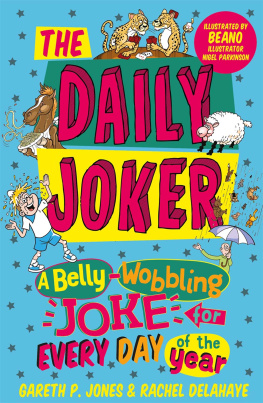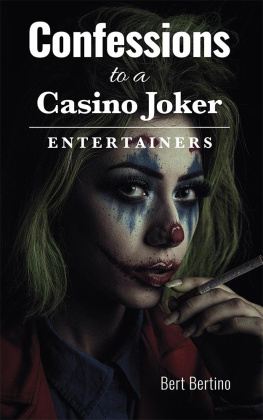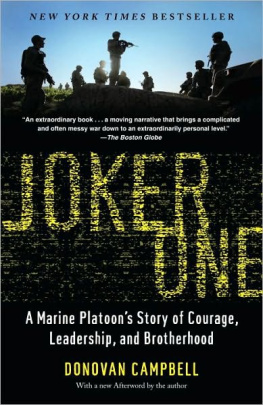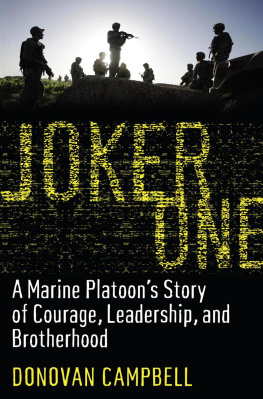Radical Doubt
Radical Doubt investigates ethical play across a spectrum of performances, on and off the stage. In witty, recursive, personal, and propulsive prose, Mady Schutzman elaborates on the Joker System, conceived by Augusto Boal, best known for Theatre of the Oppressed. The Joker System is a collaborative approach to representing social dilemmas through a rare fusion of destabilizing ambiguity and journalistic rigor. Schutzman models the Joker System while expanding well beyond the theatrical. In polyphonic compositions that perform their own philosophy, she uncovers illuminating links between calculus and conjuring, kans and resistance, humor and witnessing, complexity theory and sorely needed new practices of living in our divisive times. These life practices rely upon crafty and circuitous strategies to deliver their subversive punch. Jok(er)ing matters, Schutzman insists. When communities fragment and identities fixate, enter the trickster!
Sonja Kuftinec
Theatre Arts and Dance, University of Minnesota
Mady Schutzman is a writer, scholar, theatre artist, and filmmaker. She is author of The Real Thing: Performance, Hysteria, and Advertising and co-editor, with Jan Cohen-Cruz, of two anthologies on the work of Augusto Boal. Schutzman is Faculty Emerita at California Institute of the Arts.
Radical Doubt
The Joker System, after Boal
Mady Schutzman

First published 2019
by Routledge
2 Park Square, Milton Park, Abingdon, Oxon OX14 4RN
and by Routledge
711 Third Avenue, New York, NY 10017
Routledge is an imprint of the Taylor & Francis Group, an informa business
2019 Mady Schutzman
The right of Mady Schutzman to be identified as author of this work has been asserted by her in accordance with sections 77 and 78 of the Copyright, Designs and Patents Act 1988.
All rights reserved. No part of this book may be reprinted or reproduced or utilised in any form or by any electronic, mechanical, or other means, now known or hereafter invented, including photocopying and recording, or in any information storage or retrieval system, without permission in writing from the publishers.
Trademark notice: Product or corporate names may be trademarks or registered trademarks, and are used only for identification and explanation without intent to infringe.
British Library Cataloguing-in-Publication Data
A catalogue record for this book is available from the British Library
Library of Congress Cataloging-in-Publication Data
Names: Schutzman, Mady, 1950 author.
Title: Radical doubt : The Joker System, after Boal / Mady Schutzman.
Description: Abingdon, Oxon : New York : Routledge, 2019. | Includes bibliographical references and index.
Identifiers: LCCN 2018011841 | ISBN 9781138210028 (hardback : alk. paper) | ISBN 9781138210035 (pbk. : alk. paper) | ISBN 9781315456171 (ebook)
Subjects: LCSH: Theater and society. | TheaterPolitical aspects. | Schutzman, Mady, 1950 | Boal, AugustoInfluence.
Classification: LCC PN2049 .S355 2019 | DDC 792.013dc23
LC record available at https://lccn.loc.gov/2018011841
ISBN: 978-1-138-21002-8 (hbk)
ISBN: 978-1-138-21003-5 (pbk)
ISBN: 978-1-315-45617-1 (ebk)
Typeset in Bembo
by Apex CoVantage, LLC
Contents
Section I
The Joker System on the stage
Section II
The Joker System off the stage
Back in early 2016, I met Talia Rodgers, then an editor at Routledge, at a restaurant in Los Angeles, and had an opportunity to pitch some ideas for a new book. I cannot thank her enough for engaging me for hours, asking questions, helping me organize my thoughts, and encouraging me to write up a proposal. Although she left Routledge soon after, she helped shepherd this book through, and I am very grateful.
In early stages of research, I reached out to Theatre of the Oppressed colleagues for information on Augustos work in Brazil. I want to thank Adrian Jackson, Frances Babbage, and Julian Boal for responding with personal insights and reference to sources unavailable in English. Thank you, Fernando Belo, for unearthing the Joker System plays from a box under a bed in your mothers home in So Paulo and getting them to me here in Los Angeles. To Bobby Gordon, for reading the plays in their original Portuguese and sitting with me for hours translating, answering questions, analyzing, and making sure I understood the spirit and meaning of the plays. As a practitioner yourself of Boals work, your insights were invaluable.
To Michael Elowitz, Doug Goodwin, Tom Leeser, Alan Tollefson, and Christine Wertheim thank you for offering your expertise in scientific and mathematical concepts that helped tremendously in formulating the Encyclopedia. Much thanks to all Encyclopedia contributors including Rebecca Baron and Ruth Newell.
I like writing away from home. NavusHouse is a very special place in Pittsburgh, PA. Its hard to describe, but it was built, in part, to make people away from home feel at home. The first time I stayed there was in October 2016, and I returned in April 2017 each time for a remarkably productive month of thinking and writing. To Nathan Darity and Val Hess, thank you for the rare and profoundly rejuvenating hospitality you offered me.
Several colleagues took the time to read, comment, and suggest revisions on different chapters. To Rebecca Baron, Hillary Mushkin, Leslie Satin, and Laura Vena thank you for caring about the ideas I was struggling to put on paper; your comments were invaluable. I am greatly indebted to those who read several chapters and helped me to understand the whole of the book: Jan Cohen-Cruz, for simply always being there as respondent, collaborator, discussant, questioner, and friend (and for opening your magnificently peaceful country home to me, again); Eve Luckring, for innumerable conversations throughout the process and for being able to see in the work what I often couldnt see myself; Jon Wagner, for meticulous, incisive, and virtuosic comments on first, second, and sometimes even third drafts (they are worthy of a book of their own); and Sonja Kuftinec, for reading the whole darn thing, cover to cover, amidst your very busy schedule, when I desperately needed it your suggestions and encouragement got me through the last stretch.
To my friends who listened and brainstormed: Jonathan Berger, Jordan Biren, Kaucyila Brooke, Ed Groff, Hilja Keading, Carole Kim, Kaz Okada, Tim Reid, and Julie Shafer. A special thank you to Susan Silton for several design consultations.
Finally, I owe much to Ben Piggott, Laura Soppelsa, and the staff and designers at Routledge who have seen this project through from concept to hard copy. I am tremendously appreciative.
For as long as I can remember and perhaps even before that humor was a form of paradoxical literacy through which I made sense of the world around me. It was the currency of my extended family, New York City Jews who dealt with postWWII assimilation and mobility with a Borscht Beltstyle mlange of self-mockery, humility, and defiant pleasure. My mother, who had spent much of her childhood as a Coney Island Amusement Park shill, taught me the virtues of the shady, goading me to detect the cryptic wink that accompanied the seemingly obvious and mundane. My father, a patriotic IRS agent and avid fan of Bob Dylan and Twisted Sister, recommended, however unwittingly, the virtues of illogicality. Misfortune was systematically coated in something funny, and that which was funny seemed infused with something bigger than me, bigger than understanding itself. It was through humor that I discovered the curious intimacy of fear and glee, danger and enticement, vulnerability and desire. Over time, these enigmatic correlations transformed from personal inheritances into critical beacons for analyzing and navigating complex social and interpersonal circumstances.

